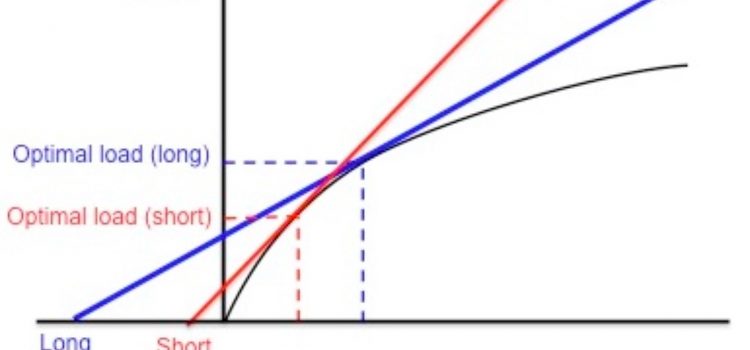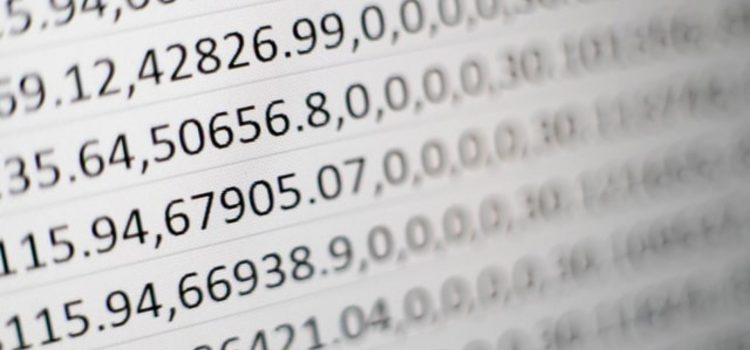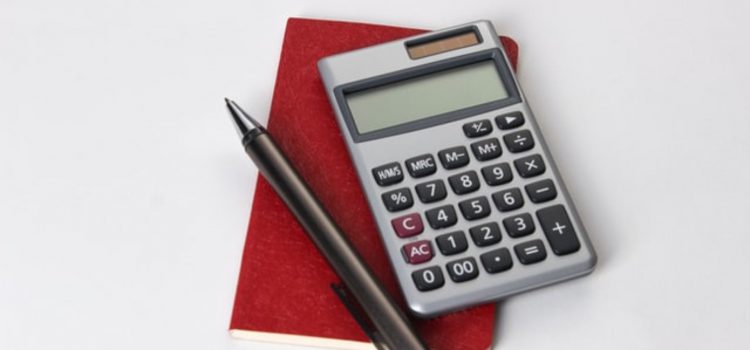What is the marginal value theorem? Why is technology so distracting? To explain technology’s impact on interference and the brain, The Distracted Mind by Adam Gazzaley and Larry D. Rosen looks to the marginal value theorem. The MVT is used to examine food habits in animals but can be applied to humans’ excessive use of technology. Find out more about the marginal value theorem here.
The Marginal Value Theorem In Relation to Humans










